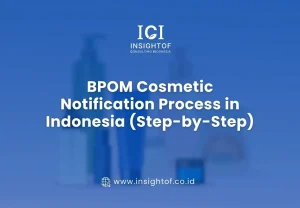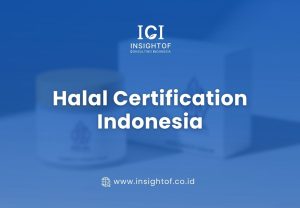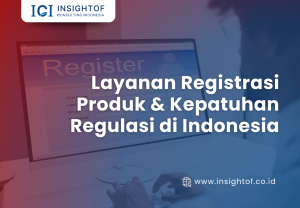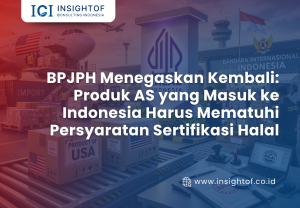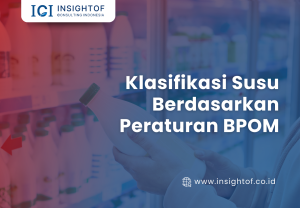Indonesia is one of the largest consumers of instant noodles globally—making it a highly attractive market for noodle exporters. However, bringing your noodles into Indonesia requires careful planning, regulatory compliance, and market adaptation. Here’s how to do it right:
1. Market Research & Sourcing
First, pinpoint the specific type of noodles you wish to import. For instant noodles, consider varieties such as ramen, cup noodles, specific flavors (e.g., spicy, unique broths), and critical factors like Halal certification.
Identify reliable international suppliers; well-known manufacturers with established export experience are often a good starting point. Study local competitors such as Indomie, Mie Sedaap, and prominent imported brands like Nongshim or Samyang. Analyze their pricing strategies, serving sizes, ingredient lists, flavor profiles, packaging, and how their products are labeled for the Indonesian market. Also, assess current demand by observing sales trends on major Indonesian online platforms (e.g., Tokopedia, Shopee) or by conducting taste tests and focus groups with local partners to gauge consumer preferences.
You can find potential exporters through global trade platforms, industry expos, or by connecting with Indonesian distributors already working with imported food. When evaluating suppliers, verify their credentials and request comprehensive product data, including ingredient lists, production standards (e.g., GMP, HACCP), shelf-life data, and any existing Halal certifications. This information is vital for later regulatory submissions.
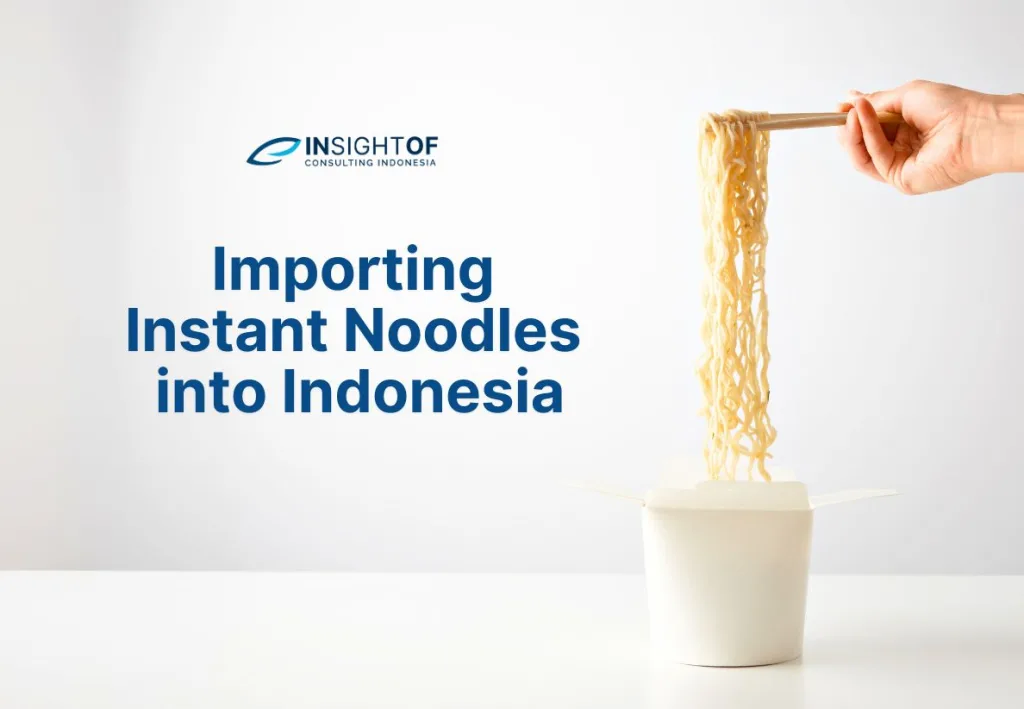
Image source: Freepik
2. Indonesian Company Setup
You must establish an Indonesian importer entity (most foreign investors use a PT PMA – foreign-owned company – or a PMDN(Penanaman Modal Dalam Negeri)). This company needs standard business licenses: a Tax ID (NPWP), Company Registration, and Trading License. Importantly, apply for an Importer Identification Number (API) from the Ministry of Trade. API is mandatory for any business that wants to import goods legally. There are two types: API-Umum for general importers and API-Produsen for producers importing raw materials. For noodles, you’d typically get an API-Umum. Note that in Indonesian law, only companies with API may perform imports.

Image source: Freepik
3. BPOM Food Registration
All retail food products, including imported noodles, require BPOM approval (a “registration number”) before they can be sold in Indonesia. Imported packaged foods are issued a “BPOM RI ML” number (ML = Makanan Luar/Foreign Food). The registration process is managed via BPOM’s online portal (e-reg.pom.go.id).
For noodles, they typically fall under the following Kategori Pangan (Food Category):
- No Kategori Pangan: 06.4.3
- Kategori Pangan: Pasta dan Mi Pra-Masak Serta Produk Sejenis (Pre-cooked Pasta and Noodles and Similar Products)
- Definisi (Definition): Mi kering (dried noodles) are dried noodle products obtained from wheat flour with or without the addition of other ingredients and have undergone drying or frying. Wheat dried noodle products contain not less than 60% wheat ingredients.
- Karakteristik Dasar (Basic Characteristics):
- Kadar air (Moisture content) not more than 11%;
- Kadar protein (Protein content) not less than 6%
Required documents include:
- Company documents: NPWP, API or SIUP, and a BPOM-recommended distribution audit report for your warehouse or importer facility.
- Importer’s Letter of Authorization (LOA): a notarized power-of-attorney or letter from the Korean supplier, legalized by an Indonesian consulate, naming the Indonesian importer.
- Product documents: the noodles formula/ingredients, production process, labeling (with Indonesian language labels), shelf-life, and quality certificates (like GMP/HACCP or ISO).
- Free Sale Certificate: a certificate from Korean authorities stating the product is approved for sale in Korea.
Registration includes two phases – first registering your company account, then each product. The process is risk-based: simpler recipes (e.g. very low risk) take less time than complex ones. In practice, BPOM review for an imported food often takes about 4–6 months (though this varies by risk category and how quickly you supply documents). Be sure your label uses Indonesian language and lists all ingredients – BPOM requires full Indonesian labels. Once approved, your noodles will get an “ML” registration number valid for five years.
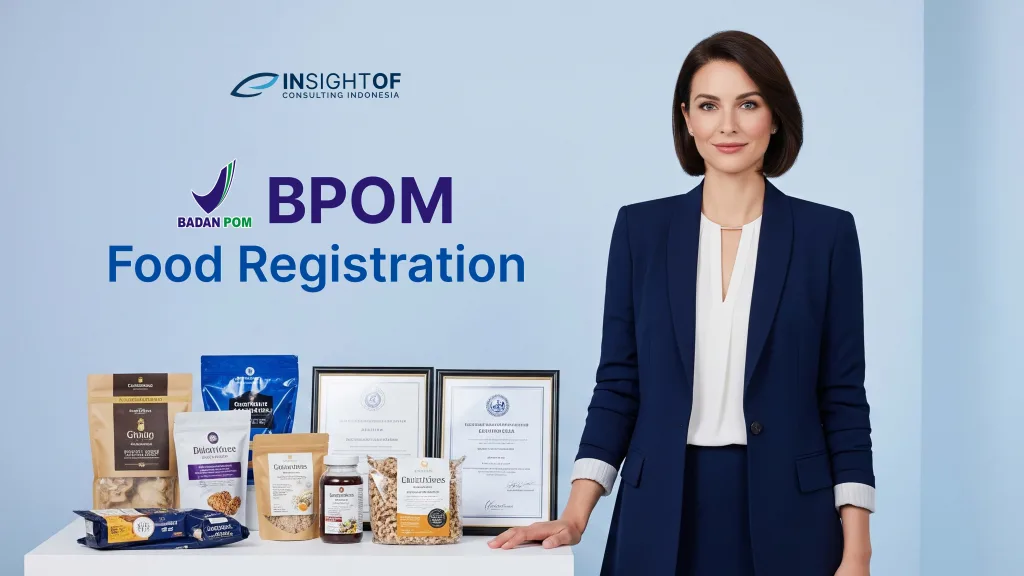
4. SMKPO (Food Safety Management Certificate)
Indonesia requires importers and distributors to implement a food safety management system (SMKPO). In practice, importers apply for an SMKPO certificate (the Standard Compliance type) via the OSS/BPOM e-certification system. This proves your warehouse and distribution meet BPOM’s standards. The application needs documents like your business license (NIB), NPWP, and safety procedure manuals. SMKPO certification is valid for five years; it must be obtained before you begin large-scale distribution of the product. (Without SMKPO, BPOM can penalize the importer for non-compliance.)
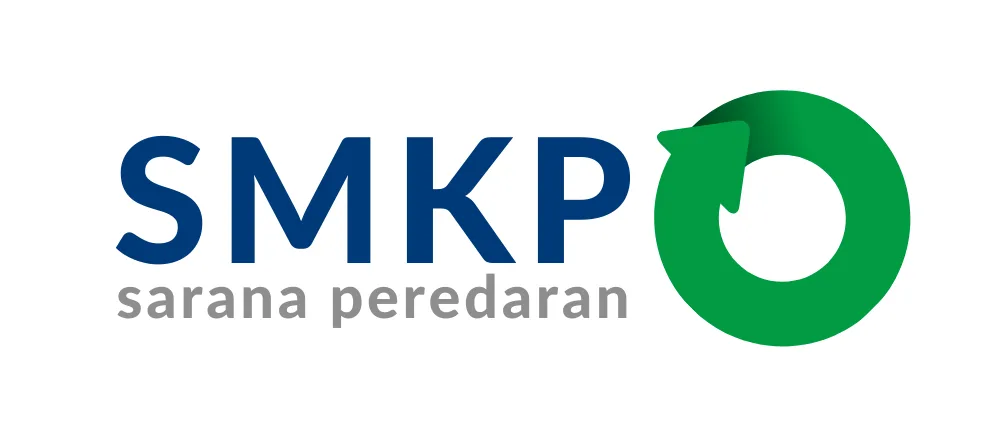
5. Laboratory Testing & Quality Control
BPOM may require your noodle products to undergo testing in an accredited Indonesian laboratory. This testing typically covers microbial content, heavy metals, nutritional analysis, and often specific tests relevant to noodle ingredients (e.g., preservatives, artificial colors). It’s highly advisable to conduct pre-tests in the country of origin or internationally to proactively ensure compliance. Beyond regulatory testing, maintain robust internal Quality Control (QC) procedures for every incoming batch. This includes verifying production and expiration dates, checking batch numbers, and ensuring packaging integrity.
Remember, all labeling must strictly adhere to Indonesian regulations, including ingredients, net weight, expiration date, and the importer’s name and address in Indonesian.
6. Import Logistics & Customs
Once your noodles have secured a BPOM ML number and your Indonesian importer holds a valid API‑U, you can arrange shipment by preparing the commercial invoice, packing list, Bill of Lading (or Air Waybill), and any required certificates (e.g., health or phytosanitary). For each batch, obtain BPOM’s SKI‑Border clearance (“Surat Keterangan Impor”) to authorize customs release, then work with a licensed broker to submit the SKI, ML certificate, API‑U, and standard docs while paying applicable import duties, VAT, and PPh 22.
Import duties depend on the noodles’ HS code—typically 1902.30 (Pasta, prepared, others), with most importers using 19023040 for “other instant noodles” and some brands recorded under 19023090. Although most instant noodles are shelf‑stable, any refrigerated variants will need a managed cold chain. Finally, cleared goods should be delivered to your SMKPO‑certified warehouse, ready for distribution.
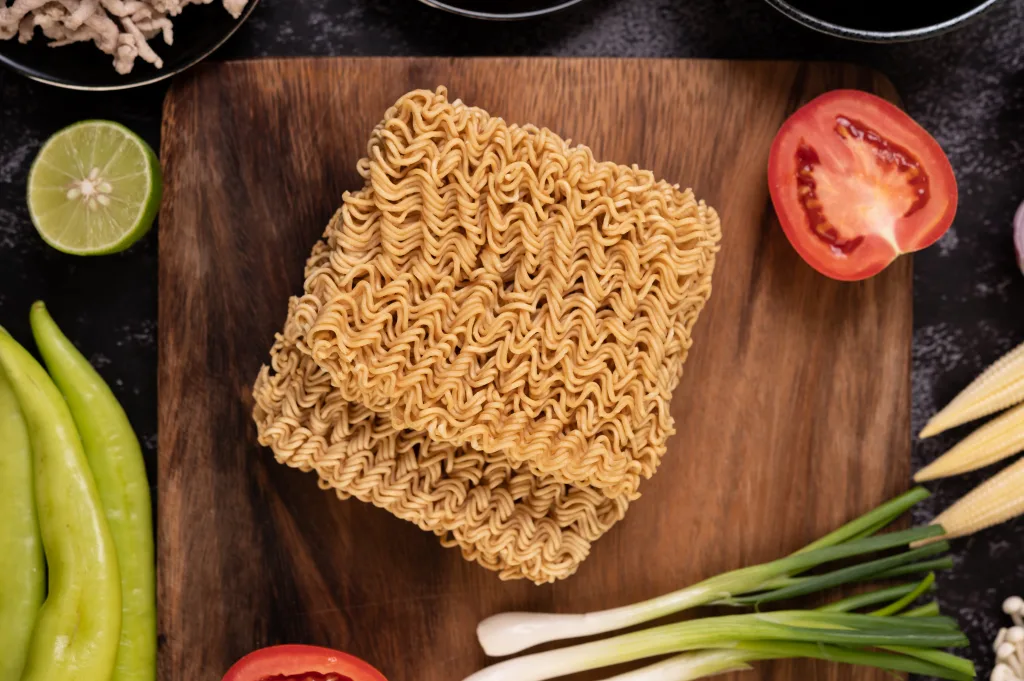
7. Distribution & Marketing
With all approvals in place, you can distribute your noodles through various channels:
- Retail: Supermarkets, hypermarkets, convenience stores, and traditional markets.
- Horeca: Restaurants (especially those serving Asian cuisine), hotels, and catering services.
- Online: E-commerce platforms, social media selling, and your own dedicated web store.
Marketing strategies should consider Indonesian consumer preferences. Highlighting convenience, taste, authenticity (for specific regional noodles), and any healthy aspects can be effective. Given Indonesia’s majority Muslim population, obtaining and clearly displaying a MUI Halal certificate is highly recommended, as Indonesian law increasingly mandates Halal certification for products making Halal claims. Many international noodle brands proactively secure Indonesian Halal approval to gain a significant market advantage. For launch, consider promotions like introductory discounts, bundle offers, or cooking demonstrations to showcase versatility.
Post-Market Compliance:
After launching, maintain meticulous records for every imported batch. BPOM conducts random sampling and inspections in the market to ensure ongoing compliance. Promptly track expiration dates and be prepared to efficiently handle any consumer complaints or product recalls. Remember to renew your BPOM registration before its five-year expiry and update any changes (e.g., new label, formula). Continuously maintain your SMKPO audit schedule as required
| Stage | Key Activities |
|---|---|
| Research & Sourcing | Define product specs; find Korean suppliers |
| Company Setup | Form PT PMA; get NPWP, SIUP/TDP, API (import license) |
| BPOM Registration | Apply for ML number: submit NPWP, API/SIUP, LOA, GMP, label, lab results |
| Safety Management | Obtain SMKPO certification (commitment or standard) |
| Lab & QC | Conduct pre-tests; ensure label compliance |
| Import & Logistics | Prepare SKI-Border; clear customs; warehousing logistics |
| Distribution & Marketing | Launch to retailers, online, HORECA; promote halal and recipes |
| Monitoring | Post-market BPOM sampling; track shelf life & consumer feedback |
Extra Tips
- Engage with an experienced import agent or freight forwarder to competently navigate the logistical and customs paperwork.
- If you’re new to the Indonesian regulatory process, consider working with a BPOM consultant like INSIGHTOF. Their expertise can significantly streamline submissions and reduce potential delays.
- For the significant Halal market, prioritize obtaining the MUI Halal certificate for your noodle products before shipment, as Indonesian consumers highly value this certification.
- Consider starting with a smaller test order to gauge initial market demand before scaling up to larger volumes for supermarket distribution.

By diligently following these steps and staying updated on the latest regulations (referencing official BPOM and Indonesian Trade Ministry websites for current information), international noodle exporters can successfully introduce their products to Indonesian consumers. Thorough planning and strict local compliance are key to transforming Indonesia’s robust demand for noodles into a significant market success.
Need Help Navigating Indonesian Registration?
If you’re planning to export noodles to Indonesia, partner with INSIGHTOF to ensure a smooth and compliant registration process—backed by deep local expertise and experience in BPOM regulations.
Do you need assistance registering your product in Indonesia?
Contact us today to start your registration process.
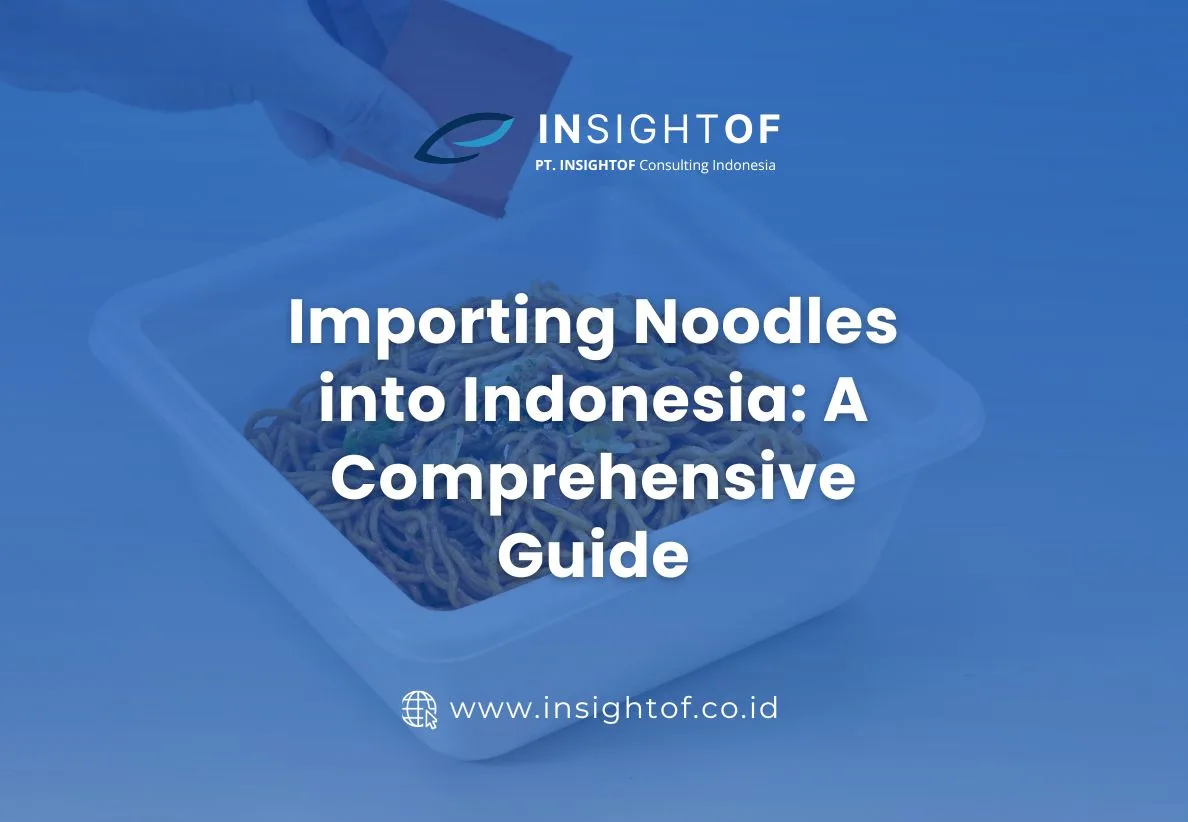


.svg/240px-YouTube_social_red_squircle_(2017).svg.png)
